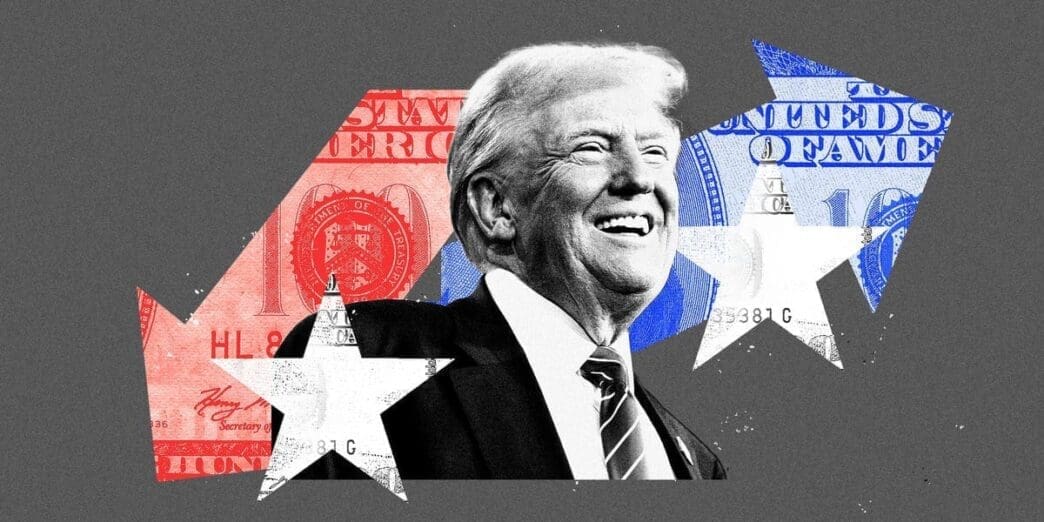Recent trends indicate that Americans’ views on the economy are increasingly driven by political allegiance rather than economic fundamentals.
According to Ernie Tedeschi, former director of economics at the Yale Budget Lab, public perception of the economy is influenced by more than just economic data. Despite a stable economic environment, with inflation not peaking and a robust labor market, consumer sentiment has been increasingly positive, influenced by political factors.
Surveys have shown a partisan shift in economic expectations. Republicans show more optimism as their party gains political ground, while Democrats display increased pessimism. This trend highlights how political support influences how individuals perceive economic conditions rather than actual economic metrics.
Joanne Hsu from the University of Michigan explains that people’s expectations are shaped by the policies they anticipate with new leadership. For instance, under a Republican administration, some expect tariffs and immigration policies that might make prices increase, while others believe these measures will curb inflation.
Even discussions about potential tariff implementations lead businesses to strategize how to handle costs, from passing them onto consumers to seeking alternate routes to mitigate financial impact. Despite some potential denial among corporate leaders about these policies’ challenges, optimism prevails.
Economic sentiment is a reflection not only of financial conditions but also of political sentiment. Hector Sandoval of the University of Florida found that partisan lines significantly affect consumer morale, especially post-presidential elections. This has evolved substantially since the early ’90s, becoming more pronounced.
Consumer behavior does not always align with economic sentiment. While people express economic dissatisfaction, spending remains robust, especially among middle- and upper-income individuals. This disconnect suggests sentiments may not directly translate into economic reality.
Tedeschi argues that economic sentiment often serves as a political gauge rather than a financial one. This dual nature of consumer sentiment means that politically driven perceptions may persist, potentially influencing economic forecasts and policies in 2024.
Economic sentiment in the U.S. is deeply intertwined with political allegiance, making it a complex indicator of actual economic health. While perceptions may not align with economic data, understanding this dynamic is essential for interpreting consumer confidence and future economic trends.
Source: Businessinsider








